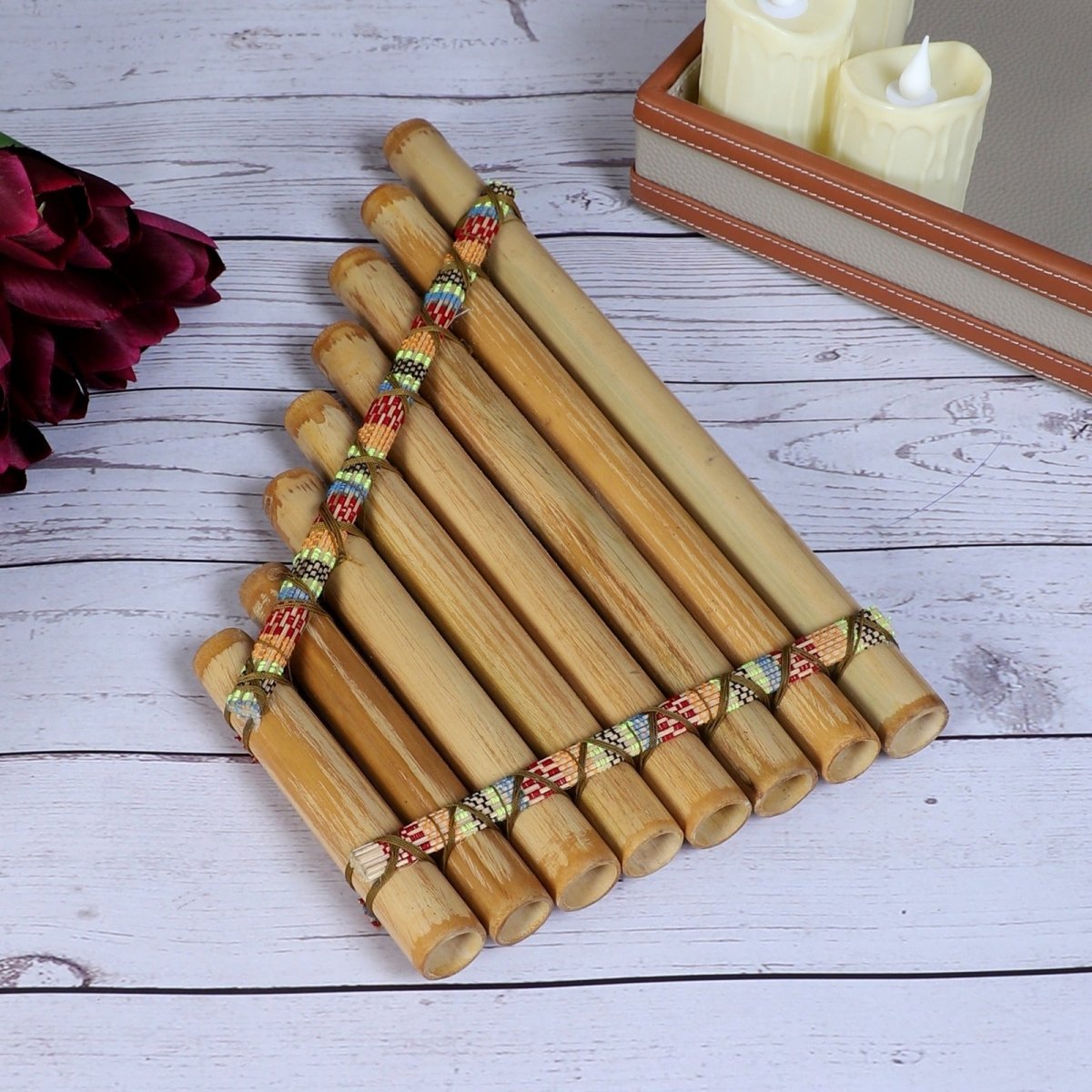History says that the term “Sustainability” had its reference to environmental sustainability, which means using sustainable products to cater to the needs of the present generation without harming the natural resources of the future generation.
In Germany, the concept of sustainability dates back to Hans Carl von Carlowitz, having its application in forestry. On a broader spectrum, sustainability refers to the co-existence of human beings on this Earth for a longer period.
Putting it into simple words, it means to “sustain”, i.e. the ability to continue a procedure incessantly over time. The definition of this term has been in dispute and has been compared in the context of literature and time.
It has been seen from three viewpoints, namely, environmental, social, and economic, emphasizing more on the environmental dimension. The main aim of sustainability is to restrain the depletion of natural resources for future use.
A. Importance of Sustainable Development in India
In India, the importance of sustainability lies in the economic, social, and environmental structure.
- Economically, it helps businesses flourish on a larger scale. With the usage of sustainable products, businesses tend to save money and work more efficiently, thus bringing smiles to their customers' faces.
- The societal importance of sustainability lies in the improvement of living conditions and the provision of equal human rights. India has managed to bring about significant progress in social sustainability through education, healthcare, and gender quality.
- Environmentally, sustainable development has its importance in looking for alternatives that would tone down the pollution level and be more environment-friendly.
B. It’s Festival Time in India
In less than a month, India will be ringing in its festivities. The apparel stores have already started showcasing the latest ethical festival wear for people to deck themselves up for the biggest festivity.
Ganesh Chaturthi has already been celebrated with great pomp and shows primarily in Maharashtra, Andhra Pradesh, and fragmented parts of West Bengal. India is gearing up for its much-awaited Navaratri celebrations.
Spanning over 10 days, it’s a Hindu festival celebrated to commemorate the greatness and auspiciousness of Maa Durga through her victory over evil. Likewise, by adopting sustainable methods, we can eradicate the negativities (environmental pollution, depletion of natural resources) of our Mother Earth.
Sustainability is the Mantra
Environment, being one of the paramount dimensions of sustainability, usage of eco-friendly products should be emphasized during the festive preparations. Thanks to the growing awareness, people are prone to use nature-comforting materials during Navratri.
Markets have come up with eco-friendly religious products that have made a place in our homes. Such religious products are handcrafted using nature-friendly raw materials like clay, sandalwood, jute, straw, etc. The Navratri Pooja kit has also gone through an eco-friendly makeover, adding on to the festivities.
Sustainable Eco-friendly celebrations
Be it Durga Puja or Navratri, the celebrations call for an enormous gathering every year. One gets to witness illuminated pandals and streets with high decibels of noise and pollution filling the air. Maintenance of environmental parameters is restrained.
However, it’s the duty of each one of us to safeguard our environment and Mother Nature. One can’t stop these celebrations as they hold an enriched cultural past. Moreover, the emotional attachment to these celebrations is undeniable. So, we can always opt for an eco-friendly celebration that calls for:
The Bottomline
As responsible citizens and loving children to our mother earth, let’s take a vow to minimize the ecological impact, of this Navratri. Mere gulping down the dos and don’ts of sustainability and knowing the environmental disturbance factors won't make a change until the application is done. Change begins with you.















































Share:
The Health Benefits of Coffee: Myth vs. Reality
Why Go Green This Navratri? Benefits of Eco-Friendly Pooja Practices